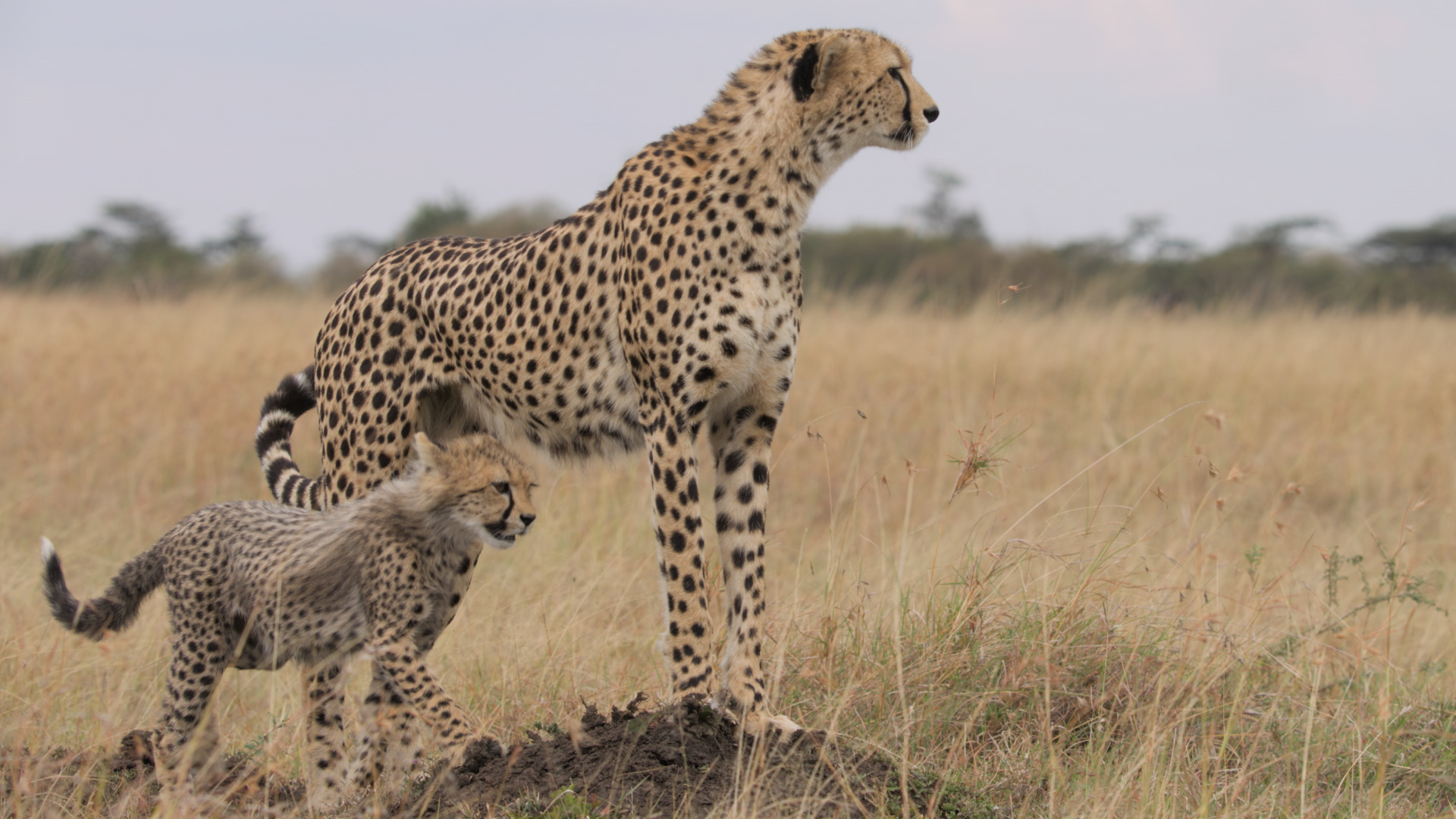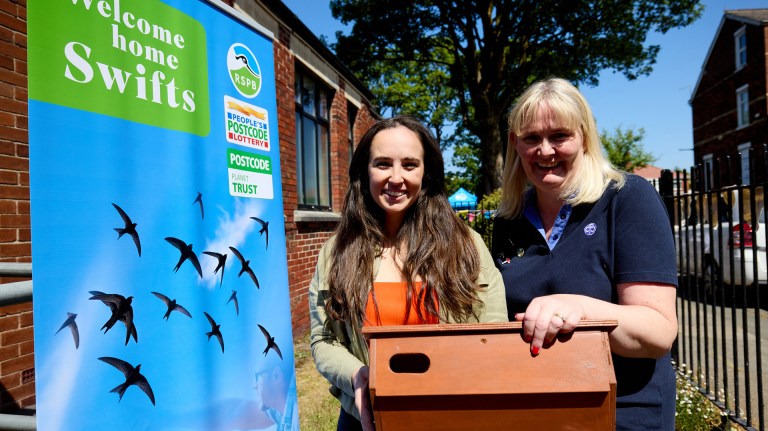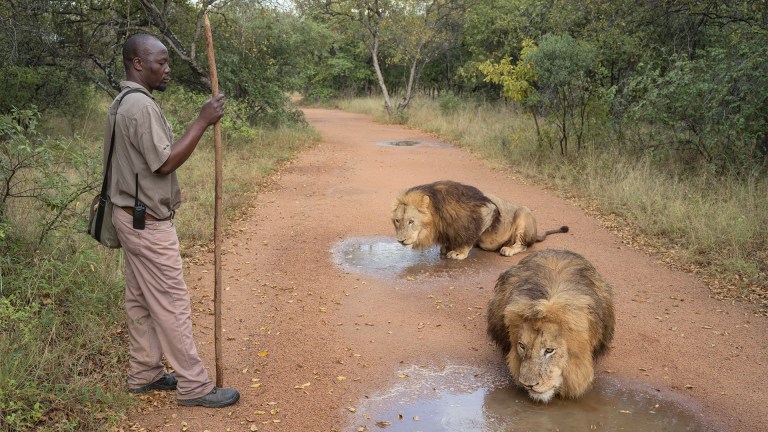It’s raining in Kenya. At last. But 5.4 million people are still in extreme jeopardy of food poverty as for three years running the rains have failed.
For thousands of years this East African country relied on two regular rainy seasons – from March to May and then a shorter spell in October and November. But climate change has wreaked havoc with these seasons. The rains are no longer predictable, and humanity is now living with an intensified anxiety about life itself. But it’s not just people that are affected by a drought.
Kenya is famous for its wildlife and its animals all rely on these natural cycles too, so climate change is exerting terrible pressure on their populations, most markedly in northern Kenya in the arid zone that stretches north and east of Mount Kenya towards the Ethiopian and Somali Borders.
Your support changes lives. Find out how you can help The Big Issue help more people by signing up for a subscription
In Chasing the Rains – a new four-part natural history series for Sky Nature, filmmakers track the lives of three formidable animal matriarchs as they navigate the challenges of this extreme dry season.
Elephants need to consume at least 80 litres of water a day, so the challenge for herd leaders is huge. In the Samburu National Reserve, leading charity Save the Elephants has monitored and studied individual named herds for 30 years. Here, matriarchs like Anastasia of the Royals carry sophisticated mental maps of water sources that enable them to lead their herds to river, spring and water hole at exactly the right time. But baby elephants are vulnerable in these extreme conditions and may perish in lengthy treks to water. The team witnessed Latipha and Malka, two young mothers split away from Anastasia to return to the dry riverbed in hope of the rains returning. Calves Sheba and Shaka were saved by a light fall of rain in early November, vindicating the young mother’s decision, but many other young elephants have perished in the extended drought.










